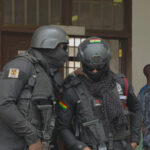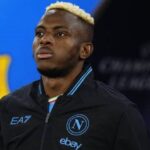Dr. Kwame Nkrumah used his influence to clamour for a United Africa and football was his biggest tool…
There was a time when Dr. Kwame Nkrumah was the most important man in Africa. He was Ghana’s president, but his reputation transcended the West African coast. Even before Nkrumah became a head of state, his life’s mission had always been one thing: The emancipation of Africa.
To Nkrumah, emancipation didn’t just mean breaking free from the bondage of Western imperialists but also having a continent where there were no borders, no discrimination and no segregation. That is why even when he became Ghana’s first president, his vision stretched beyond Ghana’s borders.
“The independence of Ghana is meaningless unless it is linked up with the total liberation of the African Continent,” Nkrumah would famously declare when he was sworn into office.
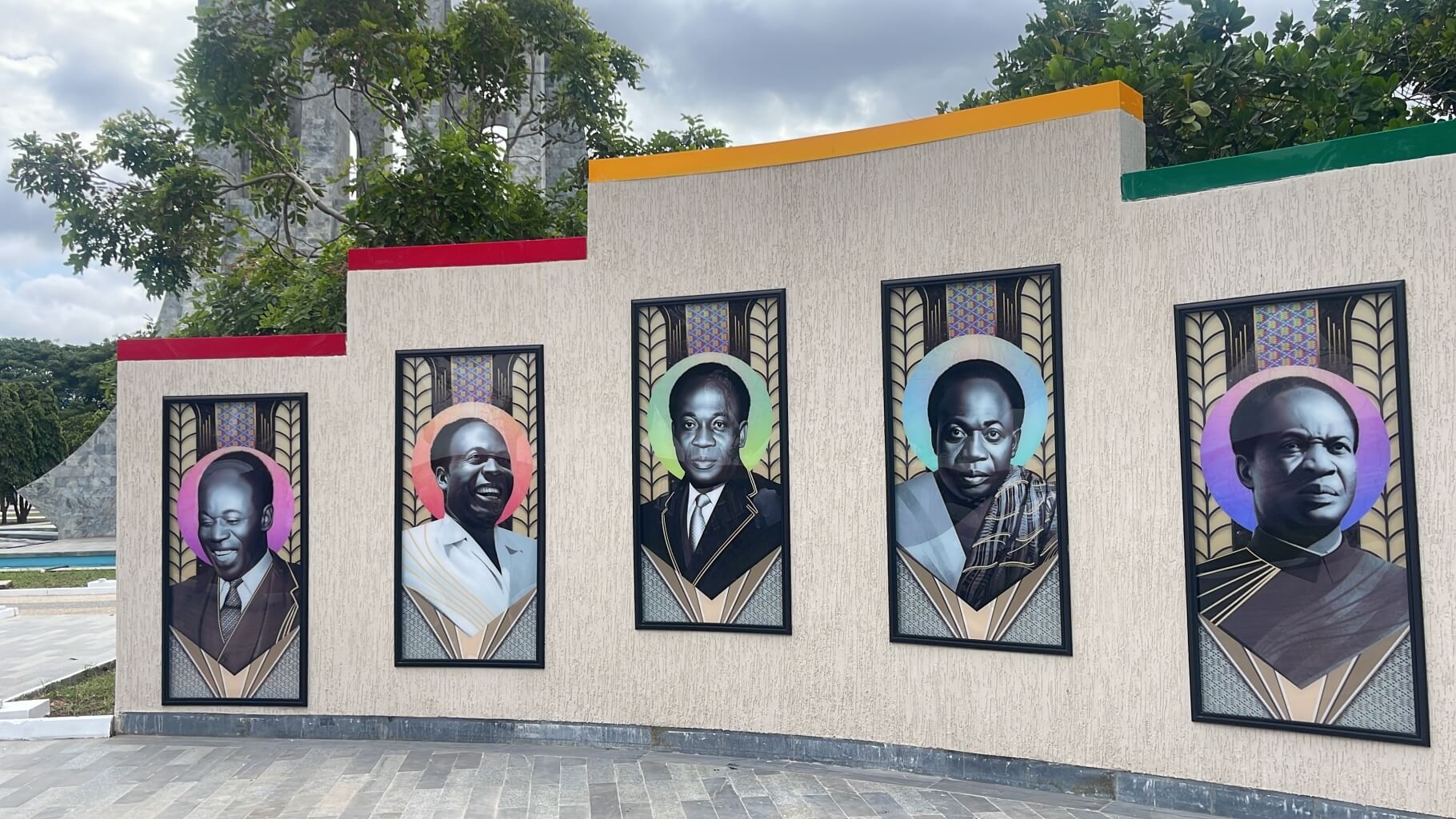
He would later begin a campaign to unite the various countries on the continent, insisting Africa should not be divided by language, territory or even culture. What he was targeting was an Africa akin to the United States of America (USA) and he would do everything in his power to push that agenda until he took his last breath on earth.
“Africa is one continent, one people, and one nation. The notion that in order to have a nation it is necessary for there to be a common language, a common territory and common culture has failed to stand the test of time or the scrutiny of scientific definition of objective reality,” Nkrumah said in another famous quote.
“The community of economic life is the major feature within a nation, and it is the economy which holds together the people living in a territory. It is on this basis that the new Africans recognise themselves as potentially one nation, whose dominion is the entire African continent.”
Kwame Nkrumah turned to football to unite Africa
But uniting Africa was more complicated than just a few rallying words and Nkrumah knew it. So he began propagating the agenda through sports. During his presidency, Nkrumah invested heavily in sports infrastructure and initiatives in Ghana. He saw football as a means to showcase African talent, challenge colonial stereotypes and promote African solidarity.
Nkrumah’s government supported the construction of stadiums and the development of local football leagues. Nkrumah also used football to promote his political agenda domestically and internationally. Ghana’s male national football team, the Black Stars, became a symbol of African pride and excellence under his leadership. Their successes helped to elevate Ghana’s profile and Nkrumah’s stature as a leader of the Pan-African movement.
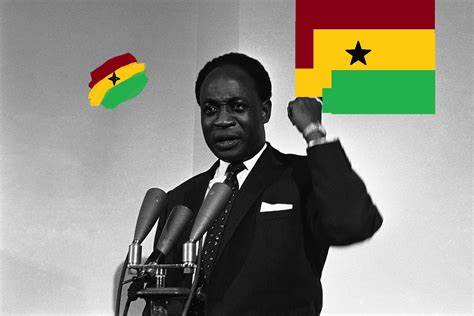
Beyond Ghana, Nkrumah’s advocacy for African unity influenced the development of football across the continent. He supported initiatives such as the All-Africa Games, which aimed to bring together athletes from across Africa to compete in various sporting disciplines.
Nkrumah is also credited as the main brain behind creating Africa’s own version of the European Cup (now the UEFA Champions League). He went on to donate a trophy to be used for the African Cup of Champions Club (now the CAF Champions League) and Ghana became the hosts of the maiden competition in 1964.
It’s fair to say Nkrumah was obsessed with seeing a United Africa. And with football bringing faster results than boardroom meetings, Nkrumah decided to institute the Gold Cup in 1959, which became an annual football tournament in the West African sub-region.
Through this, Nkrumah would instruct his Ohene Djan, a man he appointed as Ghana’s first Director of Sports and who would later become the vice-president of the Confederation of African Football (CAF), to visit Nigeria, Senegal, Guinea, and the Ivory Coast to garner support for the establishment of a West African Federation.
When the idea of a West African Soccer Federation became successful, Nkrumah was elected as the Federation’s life patron, birthing the Kwame Nkrumah Gold Cup, which pitted teams from West Africa.
Kwame Nkrumah made FIFA respect and acknowledge Africa
While all the aforementioned gains were Africa-based, Nkrumah made his most daring move in 1964 when he led a boycott of the FIFA World Cup. The World Cup was slated to be hosted by England in 1996 and it was a 16-team tournament at the time. FIFA, however, gave 10 slots to Europe, four to Latin America and one to the Central American and Caribbean region.
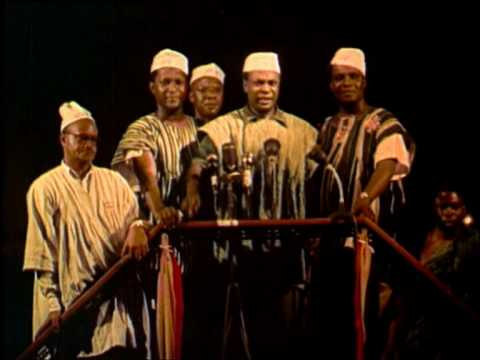
The last slot was to be contested by three continents, namely Africa, Asia and Oceania. This, Nkrumah found to be very disrespectful and discriminatory and, therefore, summoned his Director of Sport, Ohene Djan, who was also a member of FIFA’s Executive Committee, to challenge Africa’s slot allocation.
In a strong-worded telegram letter to FIFA, Ohene Djan wrote: « Registering strong objection to unfair World Cup arrangement for Afro-Asian countries STOP.
« Afro-Asian countries struggling through painful expensive qualifying series for ultimate one finalist representation is pathetic and unsound STOP At the worst, Africa should have one finalist STOP Urgent – reconsider.”
What Nkrumah started led to Africa as a continent boycotting the 1966 World Cup, which was won by England. FIFA would finally bow to the pressure, though, by allocating one slot to Africa for the 1970 tournament. The slots have since been increased to five and the continent could have 10 representatives by the time the expanded World Cup kicks off in 2026.
A bronze statue of Nkrumah is erected at the African Union’s (AU) headquarters in Addis Ababa, Ethiopia and his footprints can be found in many other countries. His vvision of African solidarity through sports continues to resonate in the continent’s football culture today and it’s why as the continent celebrates Africa Day, his name remains the commonest on everyone’s lips… even for those not Ghanaians.
Pulse
